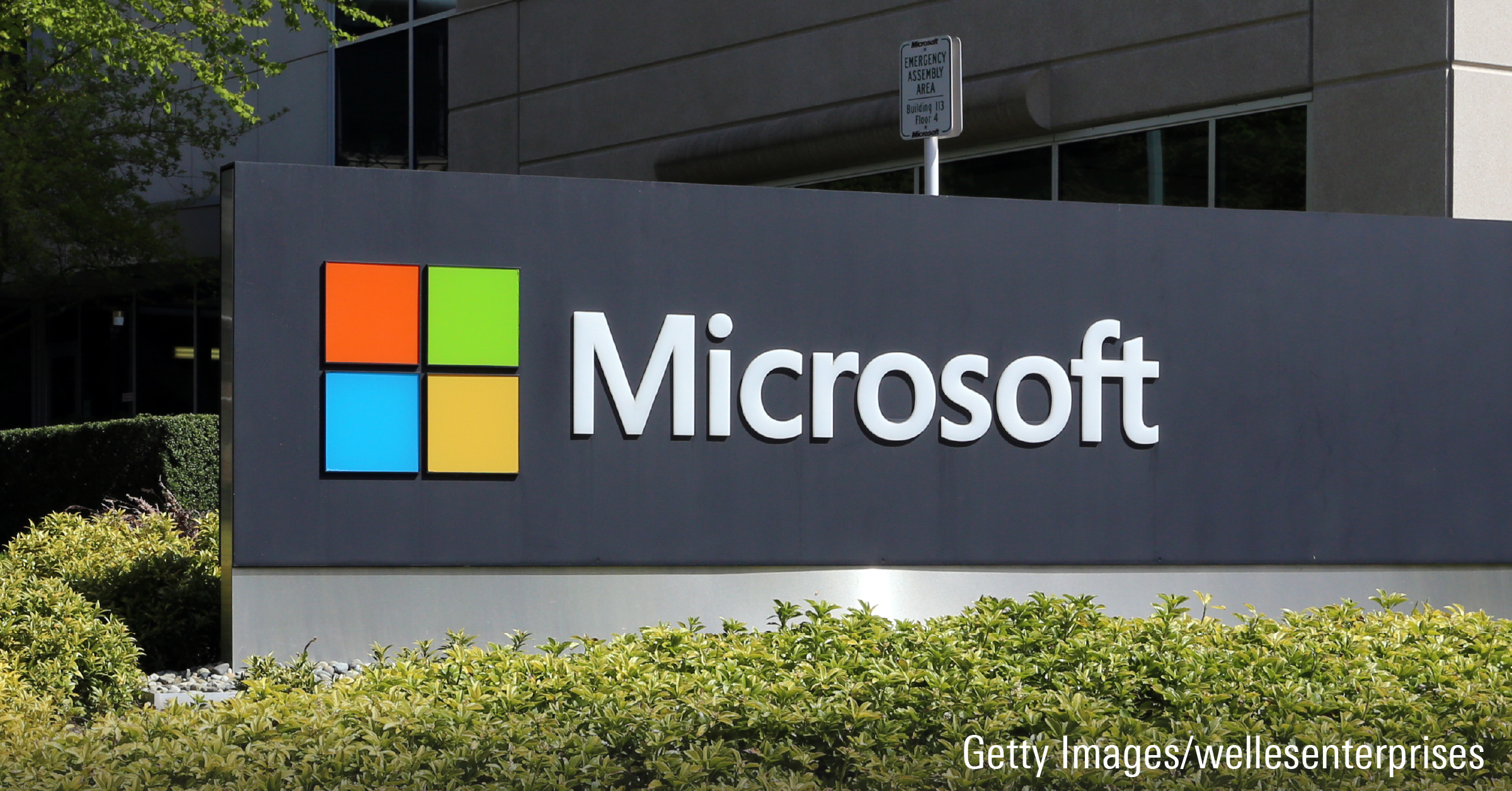After Earnings, Is Microsoft Stock a Buy, a Sell, or Fairly Valued?
With Azure growth guided to accelerate and a pullback in share price, here’s what we think of Microsoft stock.

Microsoft MSFT released its second-quarter earnings report on July 30. Here’s Morningstar’s take on Microsoft’s earnings and stock.
Key Morningstar Metrics for Microsoft
- Fair Value Estimate: $490.00
- Morningstar Rating: 4 stars
- Morningstar Economic Moat Rating: Wide
- Morningstar Uncertainty Rating: Medium
What We Thought of Microsoft’s Q2 Earnings
- The stock is attractive after a recent pullback in shares mostly unrelated to earnings. Shares peaked on July 5 at $468, sold off to $423 on the day of earnings, then fell to $418 the day after earnings and $408 on Friday.
- Nothing has changed in our long-term thinking. In the medium term, Azure, Dynamics, upselling from E3 to E5 in Office, and AI are key drivers. Microsoft remains a leader in both public cloud and AI.
- Guidance for Azure for the quarter was 30%-31% growth, so some investors were probably a little concerned about it coming in at the low end, but we don’t think it’s a big deal. Azure remains capacity-constrained, and Microsoft is increasing capex and building data centers as fast as it can, which shows up in elevated capex in the second quarter and the rest of the year.
- The biggest single takeaway from the quarter is that management explicitly guided for Azure revenue growth to accelerate in the second half of the year. There aren’t really any precedents in the technology sector for something so big growing so fast and then accelerating. Nvidia NVDA is a somewhat similar story, and that company also benefits from public cloud adoption and AI proliferation.
Microsoft Stock Price
Fair Value Estimate for Microsoft
With its 4-star rating, we believe Microsoft’s stock is undervalued compared with our long-term fair value estimate of $490 per share, which implies a fiscal 2025 enterprise value/sales multiple of 13 times and an adjusted price/earnings multiple of 38 times.
We model a five-year compound annual growth rate for revenue of approximately 13% inclusive of the Activision acquisition. However, we believe macro and currency factors will pressure revenue in the near term. We believe revenue growth will be driven by Azure, Office 365, Dynamics 365, LinkedIn, and emerging AI adoption. In our view, Azure is the single most critical revenue driver over the next 10 years as hybrid environments (where Microsoft excels) drive mass cloud adoption. We believe the combination of Azure, DBMS, Dynamics 365, and Office 365 will drive above-market growth as chief information officers continue to consolidate vendors. We believe More Personal Computing will grow modestly above GDP over the next 10 years.
Read more about Microsoft’s fair value estimate.
Microsoft Stock vs. Morningstar Fair Value Estimate
Economic Moat Rating
We assign Microsoft overall a wide moat primarily due to switching costs, with network effects and cost advantages as secondary sources. We believe Microsoft’s moat will allow the company to earn returns above its cost of capital over the next 20 years.
We believe customers value the firm’s products as stand-alone solutions and its immense breadth of products, and these applications are tightly integrated. In our opinion, the strength of these products is crucial but should not overshadow the importance of all the solutions Microsoft offers under one umbrella, as customers are usually looking to consolidate vendors. As Microsoft offers a wider set of related and compelling solutions, we believe it becomes more entrenched as customers adopt multiple products.
Read more about Microsoft’s economic moat.
Financial Strength
We believe Microsoft enjoys excellent financial strength because of its strong balance sheet, growing revenue, and high and expanding margins. As of June 2024, it had $76 billion in cash and equivalents, offset by $52 billion in debt, resulting in a net cash position of $24 billion. Gross leverage is at 0.5 times fiscal 2024 EBITDA. Our base case assumes healthy revenue growth, driven by Azure public cloud adoption, Office 365 upselling efforts, AI adoption, and broader digital transformation initiatives. We see strong margins improving further over the next several years. The free cash flow margin has averaged 30% over the last three years, which we expect to generally improve.
Read more about Microsoft’s financial strength.
Risk and Uncertainty
We assign Microsoft a Morningstar Rating of Medium. The company’s risks vary among its products and segments. High market share in the client-server architecture over the last 30 years means significant high-margin revenue is at risk, particularly in OS, Office, and Server. Microsoft has thus far been successful in growing revenues in a constantly evolving technology landscape, and it’s enjoying success in both moving existing workloads to the cloud for current customers and attracting new clients directly to Azure. However, it must continue to drive revenue growth of cloud-based products faster than revenue declines in on-premises products.
Read more about Microsoft’s risk and uncertainty.
MSFT Bulls Say
- Public cloud is widely considered the future of enterprise computing, and Azure is a leading service that benefits the evolution first to hybrid environments and ultimately to public cloud environments.
- Microsoft 365 continues to benefit from upselling into higher-priced stock-keeping units, which should continue over the next several years.
- Microsoft has monopoly-like positions in areas (OS, Office) that serve as cash cows to help drive Azure growth.
MSFT Bears Say
- Momentum is slowing in the ongoing shift to subscriptions, particularly in Office, which is generally considered a mature product.
- Microsoft lacks a meaningful mobile presence.
- Microsoft is not the top player in its key sources of growth, notably Azure and Dynamics.
This article was compiled by Leona Murray.
The author or authors do not own shares in any securities mentioned in this article. Find out about Morningstar’s editorial policies.


/cloudfront-us-east-1.images.arcpublishing.com/morningstar/CFV2L6HSW5DHTFGCNEH2GCH42U.jpg)
/cloudfront-us-east-1.images.arcpublishing.com/morningstar/7AHOQA64TFEQDMYMIMM6VUHYLY.png)
/cloudfront-us-east-1.images.arcpublishing.com/morningstar/JA7LQ2INFNFTZFBJLSDUZGIPJQ.png)